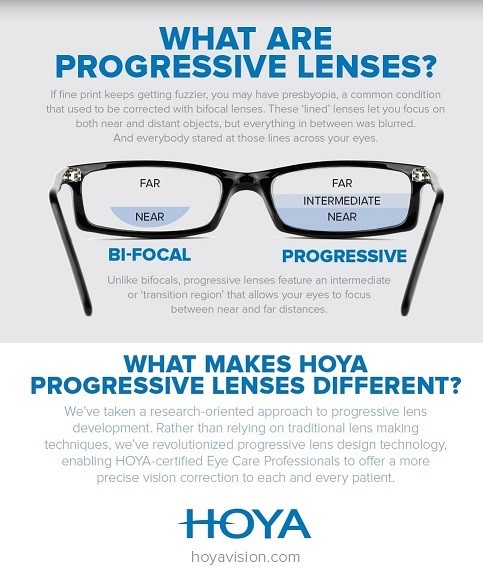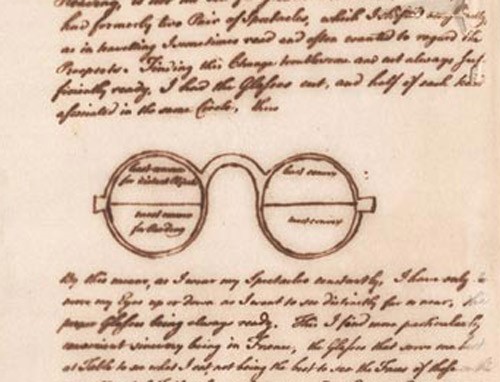iD LifeStyle 2 Lenses are made possible by HOYALUX iD technology. They have a patented approach to lens design based on the understanding that no two eyes are exactly the same. Here are two options:
 CLARITY
CLARITY
For active individuals who frequently shift their focus between near and far objects.
Clarity lenses are designed to meet the visual needs of those who lead active lifestyles, providing wider and clearer fields of vision when looking ahead and into the distance.
If you’re a sports or outdoor enthusiast – or you’re just “on-the-go” all the time – and fine print is becoming more difficult to read, ask us if Clarity lenses are right for you.

HARMONY
Folks who primarily focus on objects and tasks that are regularly arm’s length away will find Harmony lenses a good choice. Harmony lenses are designed for those who already wear progressive lenses, and are seeking additional comfort with transitions between near, intermediate and distance viewing.
If you frequently perform tasks at arm’s length – like reading a book or using a tablet device – and you’d appreciate a broader, more comfortable near zone of vision to help you see the details, ask us if Harmony lenses are righ



